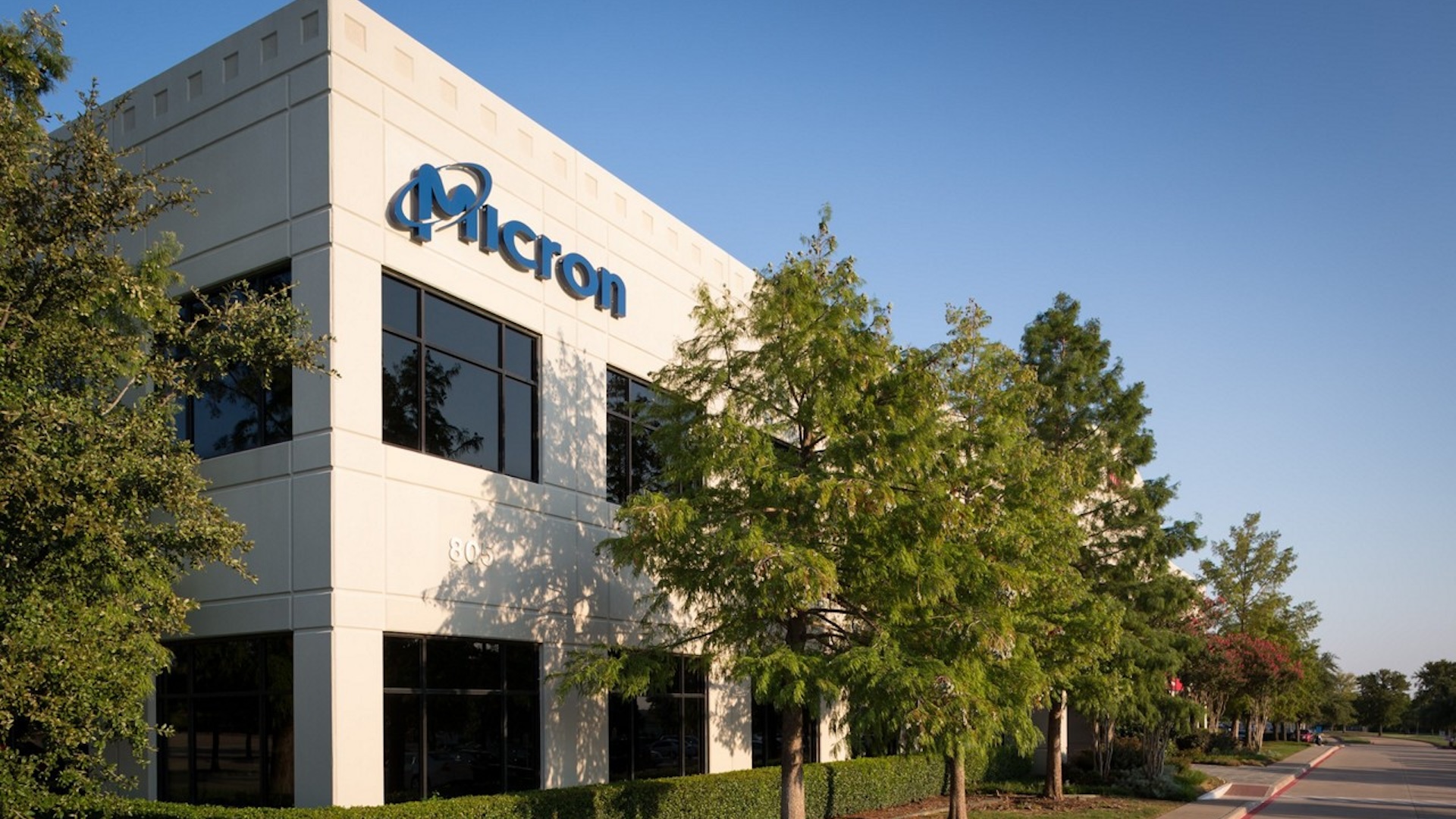Semiconductor manufacturerMicron Technologyhas lost a patent infringement lawsuit with Netlist. A jury in the United States decided that Microninfringed on memory module technology patentsheld by the computer memory company Netlist. Micron could be forced to pay Netlist $445 million (£349.7 million) or more in damages.
The case revolves around some of Micron’s high-performance computing memory products. Jurors in the U.S. District Court for the Eastern District of Texas agreed that Micron infringed upon two of Netlist’s patents toimprove memory module capacity and performance.

Two patents, “the ‘417 patent” and “the ‘912 patent,” were in dispute in the lawsuit. The jury awarded Netlist $20 million (£15.7 million) in damages for the ‘417 patent and $425 million (£334 million) in damages for the ‘912 patent.
Furthermore, the jury decided Micron willfully committed patent infringement. That fact could result in a judge multiplying the awarded damages as much as threefold.

However, that may not be the end of the story. In 2023, Netlist won a similar patent infringementlawsuit against Samsungfiled in the same court. In that lawsuit, Netlist won more than $303 million (£238 million) in damages.
However, the Patent Trial and Appeal Board ruled in April 2024 that one of Netlist’spatent claims was invalid. That same patent, patent ‘912, was included in Netlist’s case against Micron Technology. The decision to invalidate that patent could significantly reduce the damages Micron has to pay since that claim carried the vast majority of the damages awarded.
While Micron is widely considered an underdog in thehigh-bandwidth memorymarket, it is still a major player in the field. Its HBM production capability is alreadysold out for the 2024 calendar yearand almost fully allocated for 2025. Any damages Micron may owe Netlist will hurt the company’s profits somewhat, but not substantially.
Get Tom’s Hardware’s best news and in-depth reviews, straight to your inbox.
Jeff Butts has been covering tech news for more than a decade, and his IT experience predates the internet. Yes, he remembers when 9600 baud was “fast.” He especially enjoys covering DIY and Maker topics, along with anything on the bleeding edge of technology.